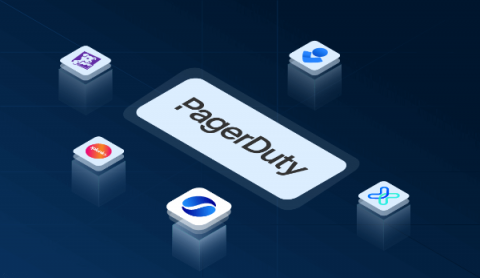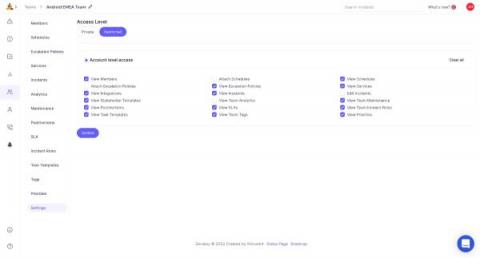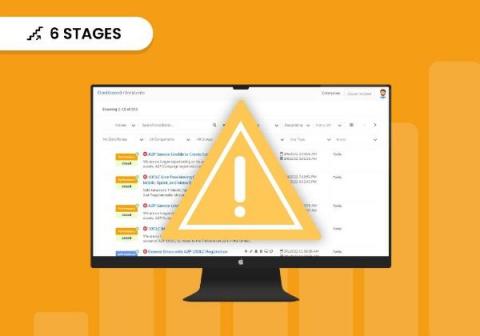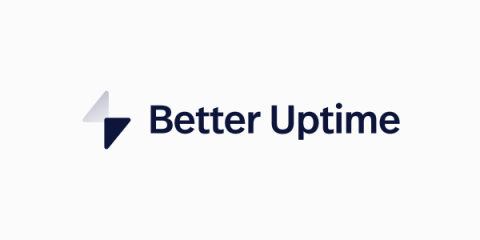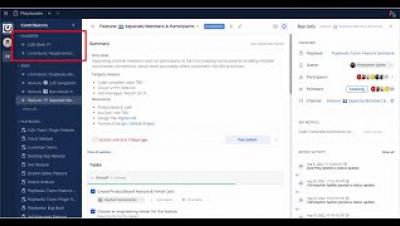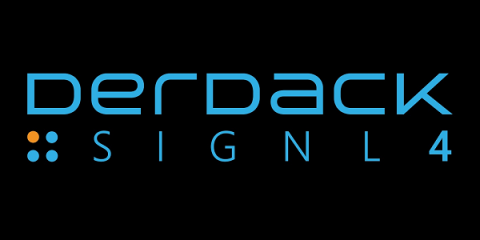Operations | Monitoring | ITSM | DevOps | Cloud
Incident Management
The latest News and Information on Incident Management, On-Call, Incident Response and related technologies.
How to Use SIGNL4 to enhance your Kaseya BMS
Exploring PagerDuty Alternatives for Incident Response
Incident response refers to effectively responding to infrastructure issues and resolving them in the shortest time frame possible. Due to several loss-inducing high-profile outages over the last few years, organizations have sought to create rigorous processes with specialized tools to resolve incidents quickly and learn from their failures. As one of the first platforms to enter the incident response space, PagerDuty is a dominant player, but over the years, competing platforms have begun carving out their own niche in the incident response space.
Coming Soon - Role based access control(RBAC) on Zenduty
Over the last few quarters a couple of interesting patterns have emerged amongst our larger customers who are looking to catalyze cross-team collaboration during a major incident spanning members from multiple teams.
What are the new stages of incident management?
Good communication is at the core of any incident management process, empowering stakeholders with the information they need to avoid lost productivity. Delivering the right message through the right channel to the right people across the enterprise is key – if you’re simply firefighting and communicating reactively, stakeholders will likely get frustrated.
Released: Better Uptime Integration
StatusGator has a wide a variety of use cases: from education to help desk to IT and managed services and DevOps, too. All corners of an organization depend on cloud services and StatusGator gives you visibility into the status of all of your vendors. We’ve heard over and over from our DevOps users that alerts and notifications for their teams are already centralized into a single incident management platform such as OpsGenie, PagerDuty, or FireHydrant.
Want to improve your incident response plan? Focus on better incident communication.
Resolving the incident is only half the battle when it comes to responding to incidents. For many teams, incident communication is an afterthought, leaving stakeholders inside and outside the organization guessing what happened. But ensuring that important information about the incident is disseminated clearly and quickly is essential.
Mattermost Playbooks Roadmap Updates | v7.3
Is being on-call a reason to quit?
“Well, that’s the job.” Have you ever heard that from your colleagues or bosses when it came to being on-call? Imagine you started a new job 3 months ago and were looking forward to it from the start. You are on-call one weekend a month and thought there wouldn’t be many incidents from Friday evening to Monday morning. But by now you’ve noticed how much being on-call duty actually stresses you out. You get restless as soon as your shift starts.




